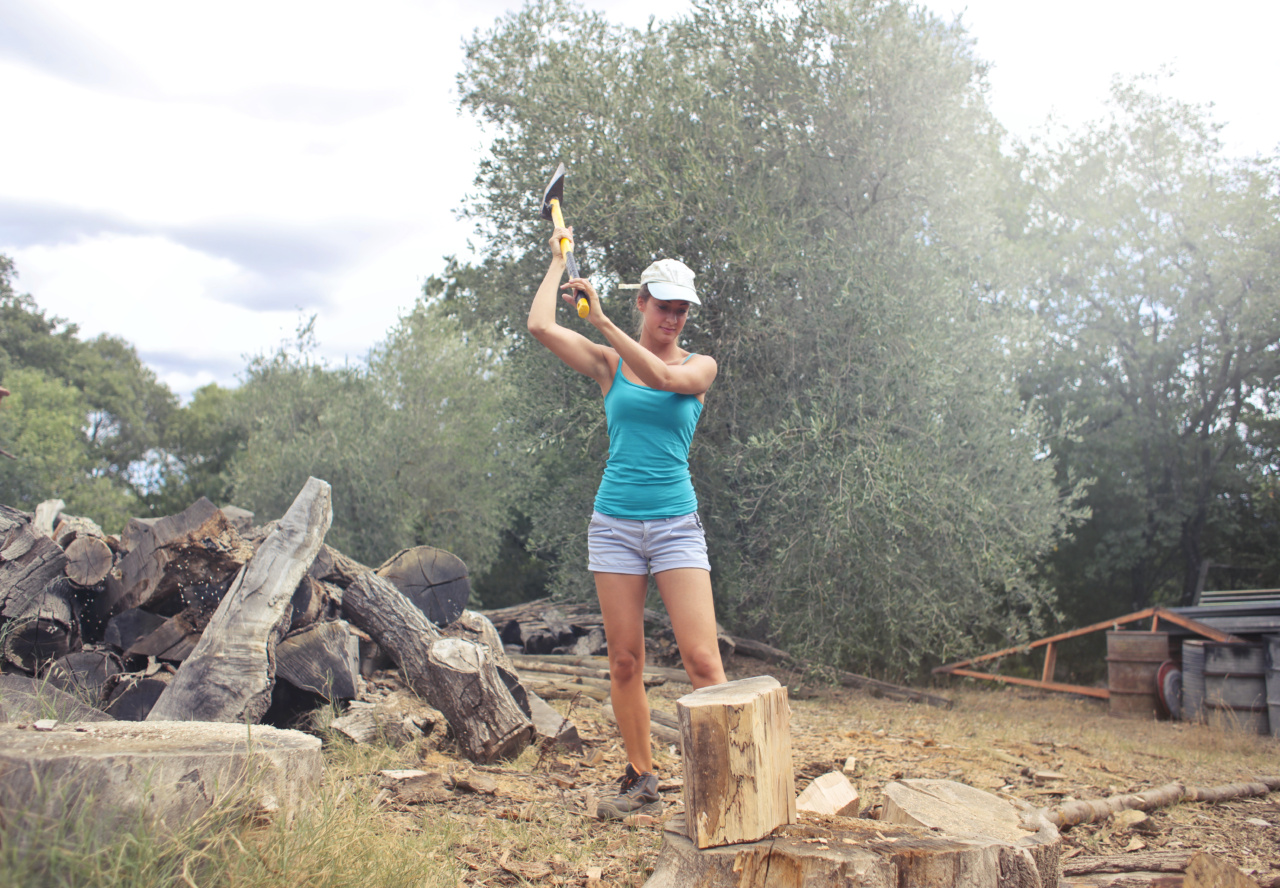As parents, we all want our children to grow up to be confident individuals who can face the challenges of life with self-assurance. Building confidence in children is a process that starts early and continues throughout their development.
By providing them with the right tools and guidance, we can help our kids become resilient, self-assured, and ready to tackle whatever comes their way. Here are some tips and tools to help you raise confident kids.
1. Foster a Positive and Supportive Environment
Creating a positive and supportive environment is essential for building confidence in kids. Encourage open communication, active listening, and a non-judgmental atmosphere at home.
Let your children know they can express their thoughts, feelings, and concerns without fear of rejection or criticism. By providing them with a safe and nurturing space, you lay the foundation for their self-esteem and confidence.
2. Encourage Independence
Allowing children to develop and express their independence is crucial for their confidence. Give them age-appropriate responsibilities and let them make decisions. Encourage them to solve problems on their own and learn from their mistakes.
By fostering independence, you empower your children to believe in their abilities and develop confidence in their decision-making skills.
3. Celebrate Their Achievements and Efforts
Recognizing and celebrating your children’s achievements and efforts, no matter how small, can boost their confidence significantly.
Whether it’s getting a good grade, finishing a project, or learning a new skill, acknowledge their accomplishments and let them know you are proud of them. This positive reinforcement will motivate them to take on new challenges and believe in their capabilities.
4. Encourage Healthy Risk-Taking
To build confidence, children need to be comfortable taking risks and trying new things. Encourage them to step out of their comfort zone and explore their interests.
Whether it’s joining a sports team, participating in a school play, or trying a new hobby, support their endeavors and emphasize the importance of learning from both successes and failures. By embracing healthy risk-taking, children learn resilience and gain confidence in their abilities to navigate new experiences.
5. Teach Problem-Solving Skills
Problem-solving is an essential life skill that can help children develop confidence in overcoming challenges.
Teach your kids problem-solving strategies such as breaking down a problem into smaller parts, brainstorming solutions, and evaluating the pros and cons of each option. By equipping them with problem-solving skills, you empower your children to approach obstacles with confidence and find effective solutions.
6. Encourage Positive Self-Talk
Help your children develop a positive internal dialogue by encouraging self-affirmations and positive self-talk. Teach them to replace negative self-statements with positive ones and remind them to focus on their strengths and accomplishments.
By nurturing positive self-talk, you can help your children develop a strong and resilient self-image, which contributes to their overall confidence.
7. Provide Opportunities for Responsibility
Responsibility is a key element in building confidence. Assign age-appropriate tasks and chores to your children, allowing them to take ownership of their responsibilities.
This could include tasks like taking care of a pet, packing their school bags, or helping with household chores. By giving them responsibilities, you not only teach them the importance of accountability but also create opportunities for them to feel capable and confident in fulfilling their duties.
8. Encourage Physical Activity and Exercise
Regular physical activity and exercise have numerous benefits for children, including boosting their confidence. Physical activity releases endorphins that promote a positive mood and improve self-esteem.
Encourage your children to engage in activities they enjoy, whether it’s playing a sport, riding a bike, or dancing. Physical activity not only improves their physical health but also contributes to their mental and emotional well-being, fostering confidence along the way.
9. Teach Emotional Intelligence
Emotional intelligence plays a vital role in building confidence and resilience. Help your children recognize and understand their emotions, as well as the emotions of others.
Teach them empathy, problem-solving in social situations, and effective communication skills. By developing emotional intelligence, your children will have the tools they need to navigate relationships, manage conflicts, and build healthy connections, which are all crucial for their confidence.
10. Lead by Example
As a parent, you are a role model for your children. Lead by example and demonstrate confidence in your own abilities and decision-making. Show them how to handle challenges, setbacks, and failures with grace and resilience.
By embodying confidence and self-assurance, you inspire and motivate your children to develop these qualities within themselves.


























